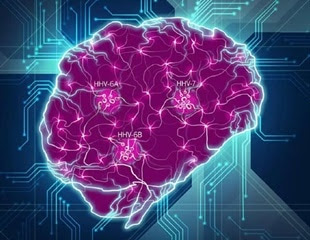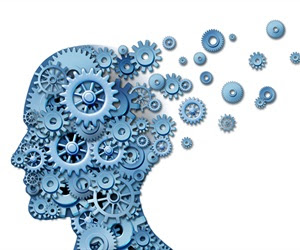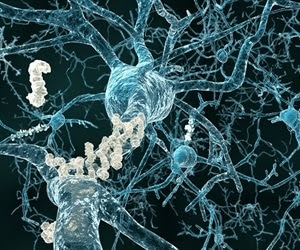| ||||||||||||||||||||||||||||||||||||||||||||||||||||||||||||||||||
| ||||||||||||||||||||||||||||||||||||||||||||||||||||||||||||||||||
| ||||||||||||||||||||||||||||||||||||||||||||||||||||||||||||||||||
| ||||||||||||||||||||||||||||||||||||||||||||||||||||||||||||||||||
| ||||||||||||||||||||||||||||||||||||||||||||||||||||||||||||||||||
| ||||||||||||||||||||||||||||||||||||||||||||||||||||||||||||||||||
miércoles, 31 de octubre de 2018
Alzheimer's Disease - Oct 31, 2018 Edition :: Medical News | Medical Articles
Medical News | Medical Articles
Suscribirse a:
Enviar comentarios (Atom)















































No hay comentarios:
Publicar un comentario